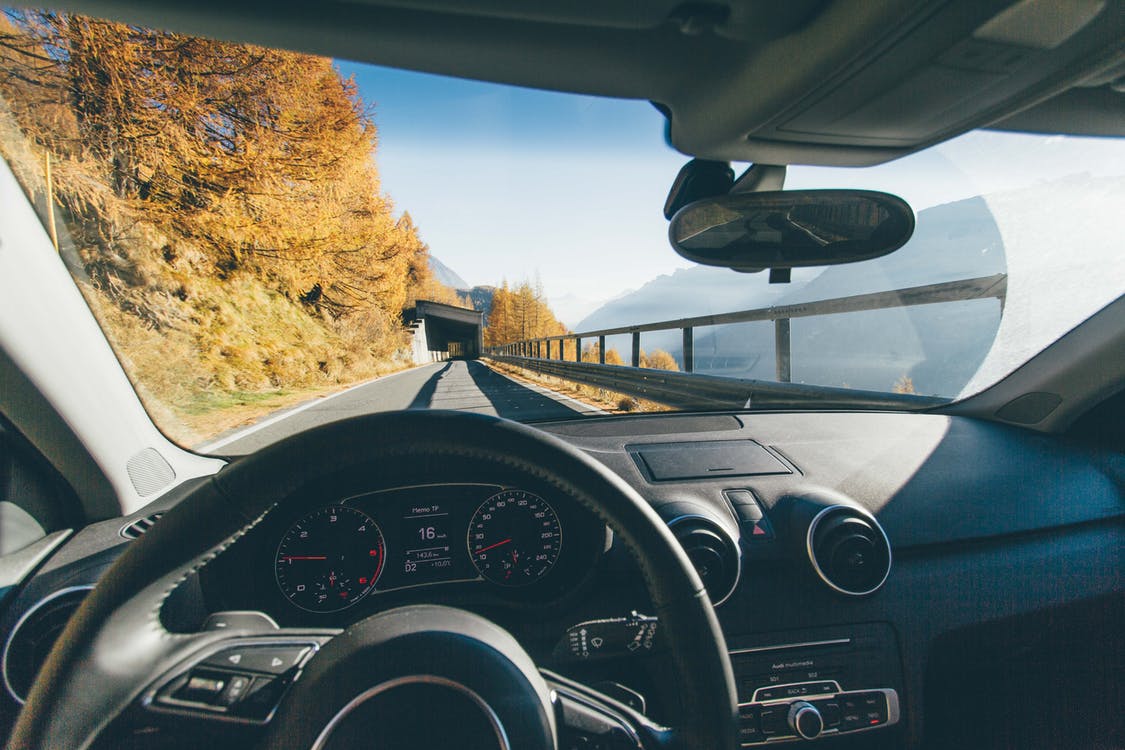Throughout the UK, the laws regarding drink driving are strict, with penalties that can cost you money, driving disqualification, and prison time (in some cases). Therefore, this article on drink driving in the UK highlights the different ways the police can determine if you are drunk enough to be breaking the law.
Drink Driving in the UK
There are three ways the authorities may check if you are intoxicated by alcohol. These include a breath, blood, and urine test.
The Drink Driving Limits in England, Northern Ireland, and Wales
The driving limit is different in different parts of the UK. Here’s what it is in England, Northern Ireland, and Wales.
The breath test is the preliminary test, and the authorities typically perform it on the roadside if they suspect someone is guilty of drink driving. Therefore, the drink driving limit for the breath test is 35 micrograms of alcohol for every 100 millilitres of breath.
If you fail the test, you will be placed under arrest and taken to the police station. There, the police will require additional evidence of drink driving by performing another breath test or alternatively blood and/or urine tests.
For the blood test, a suspect will be guilty of drink driving if every 100 millilitres of their blood contain 81 milligrams of alcohol. On the other hand, for the urine test, a suspect will be guilty of drink driving if every 100 millilitres of their urine contain 108 milligrams of alcohol.
The Drink Driving Limits in Scotland
The limits for drink driving in the UK have been stricter in Scotland since 2014.
- For the breath test, a suspect may be guilty of drink driving if 100 millilitres of their breath contain 22 micrograms of alcohol.
- For the blood test, a suspect may be guilty of drink driving if 100 millilitres of their blood contain 50 milligrams of alcohol
- For the blood test, a suspect may be guilty of drink driving if 100 millilitres of their urine contain 67 milligrams of alcohol
Why You Should Not Drink Drive
In addition to breaking the law, here are some additional reasons why you should not drink and drive. Thus, when you are intoxicated:
- Your brain takes longer to acquire and process the information from your eyes, impairing your vision
- Your reaction times are slower than normal because it takes your brain longer to send messages to the muscles in your body
- You may struggle to control the vehicle because your brain finds it challenging to process basic information
Therefore, the bodily impairments can put you and others on the road at significant risk, as you may not read traffic cues or react quickly to unexpected situations.
Last Few Words
If you don’t ever want to be charged with drink driving in the UK, then it’s best to look for other means of transport before you plan to drink. Keep your phone charged, and save any reliable app to make it easy to call for a car when you need one.


